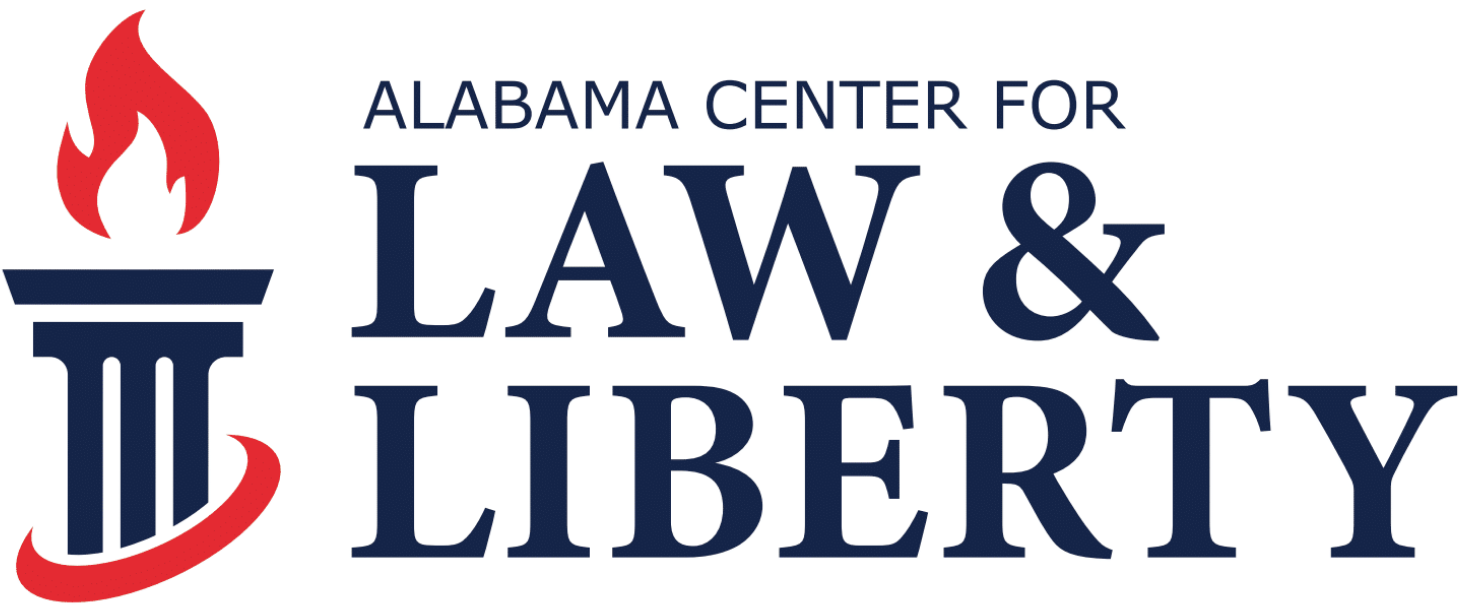BIRMINGHAM, AL – On Monday, July 19, the Alabama Center for Law and Liberty (“ACLL”) sent a letter on behalf of itself and six allied organizations urging the city council of Montgomery, Alabama, to reject a proposed ordinance that would require Christians who object to the LGBT agenda to violate their religious beliefs or face fines under certain circumstances.
The proposed ordinance would make sexual orientation and gender identity protected classes under the law. Across the country, ordinances like these have caused problems for Christians and other people who have religious objections to homosexuality and transgenderism. For instance, in Colorado, a Christian cakeshop owner named Jack Phillips has been immersed in 9 years of litigation because he cannot in good conscience bake a cake to celebrate a same-sex wedding or a person’s gender transition.
ACLL and its allied organizations are concerned that similar cases would arise in Montgomery. Matthew Clark, ACLL’s Executive Director, explained, “As we read the ordinance, churches could be fined if they refuse to allow transgender people to use the bathroom of their choice, and they might be fined if they refused to let same-sex couples use their facilities for weddings. They could also be fined if they declined to hire non-ministerial personnel, such as facility managers or secretaries, whose sexual orientation or gender identity contradicts the tenants of the church’s faith.”
The problems would not stop there. Clark continued, “Christian schools, small business owners, and homeowners are also in the crosshairs. Schools could face liability if they decline to let transgender students use the locker rooms of their choice. Small business owners like Jack Phillips could face liability. And homeowners who list their homes on Airbnb could be fined if they declined to let a same-sex couple engage in sexual activities in their home that violate the tenants of their faith.”
The letter explained to the City that it would be likely to lose in the event of a lawsuit. In addition to ACLL, the letter was joined by representatives from Liberty Counsel, the Alabama Policy Institute, the Foundation for Moral Law, the Southeast Law Institute, Eagle Forum of Alabama, and the Manuel H. Johnson Center for Political Economy. A copy of the letter is available on ACLL’s website.
